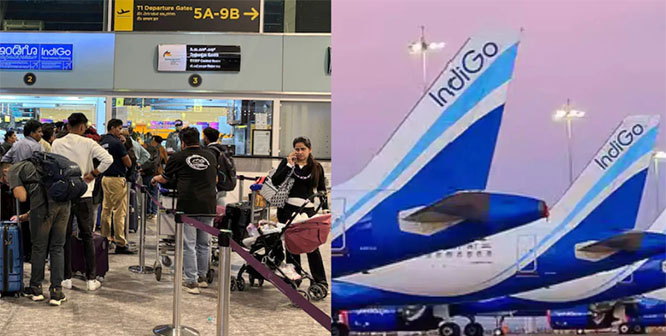May 3: Serum Institute of India Chief Executive Officer Adar Poonawalla has said that India’s Covid-19 vaccine shortage would continue through July, reported The Financial Times. Poonawalla said that the production of the vaccines is expected to increase from 60-70 million doses (6-7 crore) to 100 million (10 crore) by then.
Poonawalla told The Financial Times that his company has been maligned by politicians and critics over shortages in vaccines. He said that the government, not the Serum Institute, was responsible for policy decisions.
While the Centre launched the third phase of the immunisation drive, covering citizens above 18 years, several states have expressed their inability to conduct the inoculation programme as they do not have sufficient vaccines. Many states are awaiting more stock from drug companies.
Currently, India is reeling under the second wave of the coronavirus pandemic. The country’s infrastructure is under severe strain as cases are surging at an alarming rate. India has registered more than 3 lakh cases for over 10 consecutive days, once even crossing the 4-lakh mark.
Poonawalla told The Financial Times that the authorities did not expect that it will have to face a second wave of the pandemic when new coronavirus cases had declined. “Everybody really felt that India had started to turn the tide on the pandemic,” he said.
The Serum Institute, which is the local maker of AstraZeneca and Oxford University’s vaccine, also faced criticism for charging state governments and hospitals a higher rate for the vaccine doses than it offered to the Centre. While the company was selling the jabs to the central government at Rs 150 per dose, it was charging states Rs 300 and private hospitals, Poonawalla had brought down the rates from Rs 400 for states and Rs 1,200 for private hospitals after the criticism, calling it a “philanthropic gesture”.
“I’ve been victimised very unfairly and wrongly,” he claimed. Poonawalla further said that he did not boost the vaccine production capacity because “there were no orders” and the company did not think it needed to produce more than 1 billion, or 100 crore, doses in a year.
Experts believe that India should have invested in boosting manufacturing capacity earlier and secured enough vaccine shots. “It is absolutely essential that you need to have something to deliver, it’s common sense,” Chandrakant Lahariya, a New Delhi-based public health expert, told The Financial Times. She added that the government has not been transparent on its vaccine policy.
In April, the Centre had given a loan to the Serum Institute to help it convert a production line to make more vaccines. “We have just done this right now to address the ridiculous shortage that the nation, and obviously now the world even, has,” said Poonawalla.
Last week, Poonwalla had said that he has left the country for London because of threats related to the delivery of Covid-19 vaccines. Later, the Serum Institute chief said he would be returning to India. However, he told The Financial Times that he was not in London over safety concerns but for normal business.
Meanwhile, India on Monday registered 3,68,147 new coronavirus cases, taking the tally in the country to 19,925,604 since the pandemic broke out in January 2020. This is the second consecutive day when the daily infection count dropped after crossing the 4-lakh mark. The toll climbed by 3,417 to 2,18,959. There are 34,13,642 active cases and as many as 1,62,93,003 patients have recovered from the infection.






Comments
Add new comment